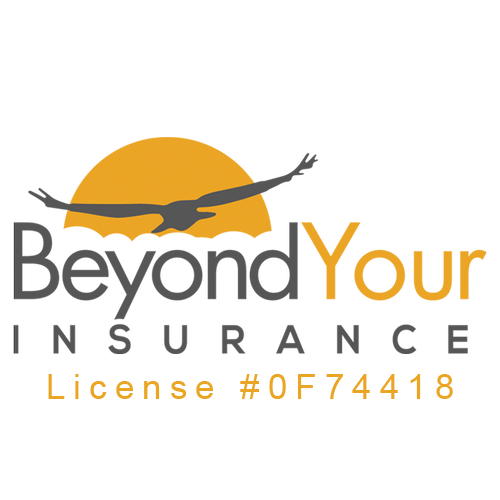FAQ
These are general FAQs about property insurance, but it's important to remember that insurance regulations and policies can vary by state and provider. Always consult with your insurance company or agent for specific information related to your policy and situation.
A common misconception about Personal Property or Homeowners Insurance is that many people believe they are covered for almost everything. However, this isn't the case. It's essential to carefully review the details of your insurance policy to understand exactly what is and isn't covered. Pay close attention to your insurance policy and the exclusions. Ask questions.
-
Homeowners Insurance - When you own and live in your home
If you own a duplex, triplex, or fourplex and you live in one unit, you would need Homeowners Insurance
Dwelling Fire Insurance also known as Landlord Insurance
Property that you own, and rent out. Usually single family homes, duplex, triplex and fourplex will fall under this category
Condo Insurance - You can either live in this or Rent it out, it only covers Walls In (the Homeowners Association covers the exterior)
Mobile Home/Manufactured Home Insurance - When you own and live in one
Renters - You don’t own the property, but you rent it. It covers your personal belongings and liability. This is usually coverage required by your landlord.
Vacant Home Insurance - When you own your own, and it’s vacant for 3, 6, 9 or 12 months
-
Many insurance companies are pulling out of the California market or temporarily pausing new policies. Homeowner insurance has become less profitable in the state due to the increasing frequency and severity of fire claims and property damage claims. This has led insurers to limit their exposure in high-risk areas.
-
Location Risk: If your home is located in an area prone to natural disasters (floods, hurricanes, wildfires) or high crime rates, insurers may view the property as too high-risk to insure.
Home Condition: Older homes or homes with significant wear and tear, such as outdated wiring, plumbing issues, or a damaged roof, may be declined due to the increased likelihood of claims.
Claims History: A history of frequent insurance claims on your property or personal record may signal to insurers that your home poses a higher risk of future claims.
High-Risk Pets: Owning certain breeds of dogs or exotic pets that insurers consider high-risk for causing injury or property damage can lead to an application being denied.
Business Use of Property: If your home is used for business purposes (e.g., home-based businesses, rentals, or Airbnbs), it may require additional coverage, and some insurers may decline to offer standard Homeowners Insurance.
-
The correct policy would be Dwelling Fire Insurance. Your parents can also purchase a renters policy to cover their personal belongings and protect their liability.
-
The cost is influenced by factors such as the age and condition of your home, location, coverage limits, deductible amount, and the home’s safety features (like smoke detectors and security systems).
-
Standard Homeowners Insurance typically does NOT cover floods or earthquakes. You would have to purchase each policy separately.
Earthquake Insurance offers you coverage to your property in the event of an earthquake
Flood Insurance coverage offers you coverage to your property in the event of a flood of 2 acres of property, or a flood of 2 properties (one including yours)
-
Personal Property Insurance covers your belongings, such as furniture, electronics, and clothing, in the event of theft, fire, or other covered perils. It typically has coverage limits for high-value items.
-
Liability coverage protects you if someone is injured on your property and you are found legally responsible. It can also cover legal fees and medical expenses resulting from the incident.
-
Loss of Use coverage provides reimbursement for living expenses if your home becomes uninhabitable due to a covered event. This may include hotel stays, meals, and additional transportation costs.
-
Replacement Cost covers the cost to repair or replace damaged property without accounting for depreciation. Actual Cash Value provides coverage based on the current market value of the item, factoring in depreciation.
-
Consult your insurance agent or broker before starting any renovations. Upgrades can increase the value of your home and may require adjustments to your coverage limits to ensure adequate protection.
-
Yes, many insurance providers offer discounts if you bundle Homeowners Insurance with other policies like auto, life, or umbrella insurance.
-
Contact your insurance company as soon as possible, document the damage with photos or videos, and provide a detailed list of lost or damaged items to facilitate the claims process.
-
Homeowners Insurance is not required by law, but most mortgage lenders require it as a condition for granting a home loan. It's highly recommended for financial protection against unexpected damages or losses.
-
It's a good idea to review your policy annually or after significant life changes, such as home renovations, purchasing high-value items, or changes in family status, to ensure your coverage is still adequate.


